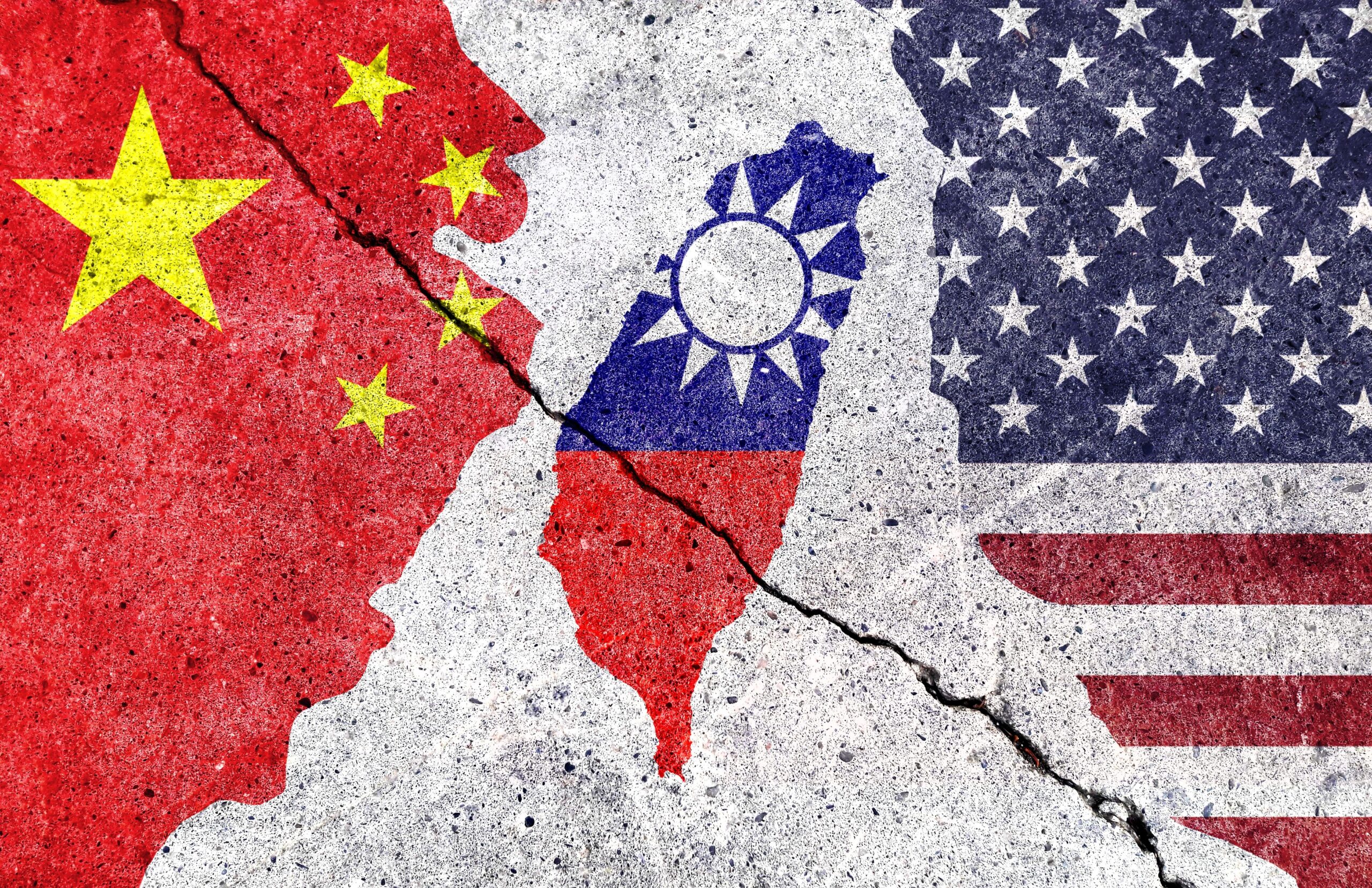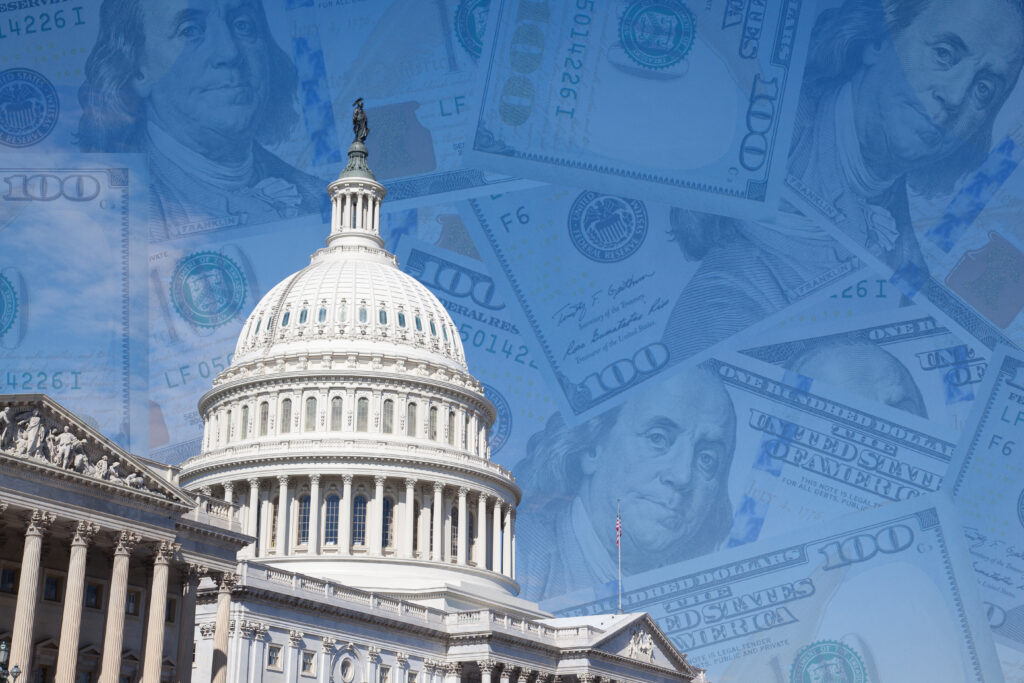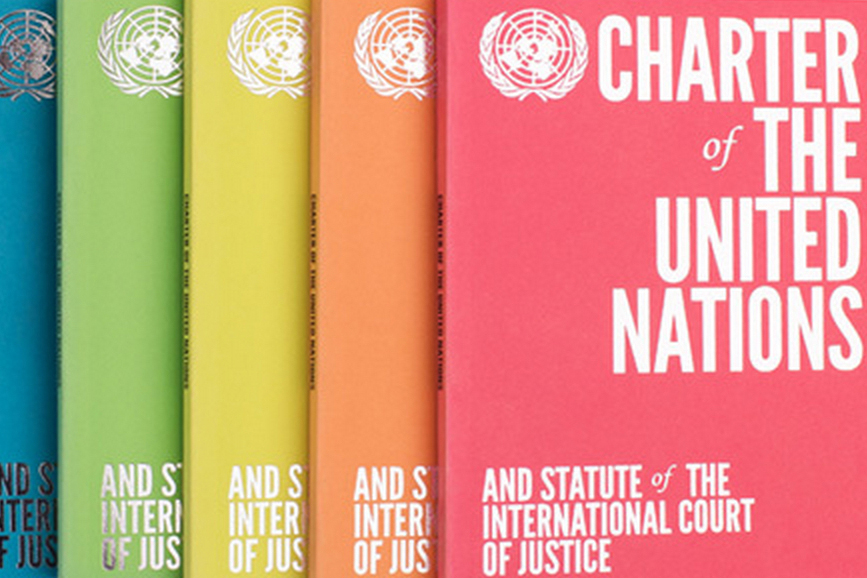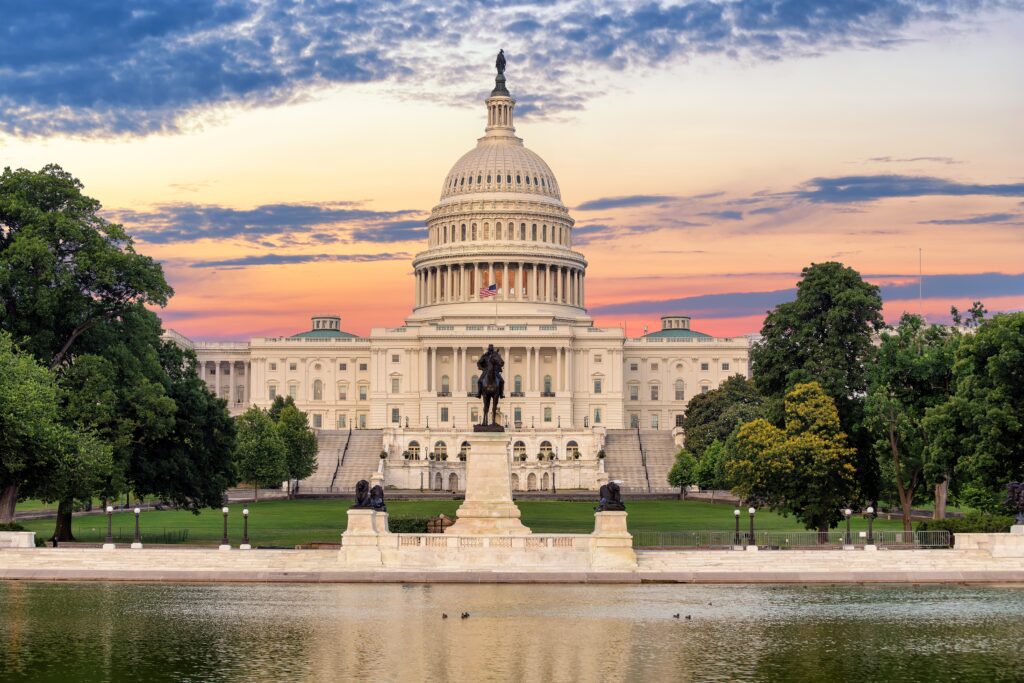Every September, world leaders convene in New York for the United Nations General Assembly. But one thriving democracy has long lacked an official seat in this global arena: Taiwan.
Here’s how that came to be — and why the issue continues to spark debate.
One Seat, Two Chinas
The Republic of China (ROC), established on mainland China in 1912, fled to the island of Taiwan after losing a civil war to the Chinese Communist Party (CCP) in 1949. Following their departure, the CCP established the People’s Republic of China (PRC) as we know it today, and the ROC planted roots in Taipei.
From that point forward, both governments claimed to represent “one China,” with neither accepting a two-state solution. To address the issue, the UN General Assembly adopted Resolution 2758 in 1971. Out of 131 Member States at the time, 76 voted in favor, 35 against, 17 abstained and three did not vote. The resolution recognized the PRC as the sole representative of China at the UN, replacing the ROC in Taiwan.
While the resolution settled the question of representation within the UN, it did not determine the status of Taiwan itself.
It’s important to underscore that this was a vote of Member States in the General Assembly — not a decision by the UN as an institution. That’s because no single country, nor the Secretary-General or any other UN official, has the power to unilaterally grant observer status to Taiwan or any other party. While membership criteria and procedures for admitting new members or observers vary across the UN system, ultimately the decision to grant status lies exclusively with the Member States of the body in question.
Where Things Stand Now
As a result, since 1971, Beijing has occupied “the China seat,” and under the current UN interpretation, that representation includes Taiwan’s territory. Taiwan is therefore not a Member State and holds no official standing in the General Assembly or other UN bodies.
In practice, that means that Taiwan cannot formally participate in agencies like the World Health Organization (WHO) or the International Civil Aviation Organization (ICAO) without PRC consent. That said, between 2009 and 2016, Taiwan participated as an observer to the World Health Assembly without objection. Moreover, bodies like WHO have commendably continued to find ways to engage Taiwan and draw on its world-class public health and technology expertise, such as during public health emergencies and in the exchange of vital data.
China’s Position
As a permanent member of the UN Security Council and one of the UN’s largest financial contributors, the PRC wields significant influence and uses it to reinforce Taiwan’s exclusion.
Beijing maintains that Taiwan is an inseparable part of China and treats any attempt to include Taiwan in the UN system as a direct challenge to its sovereignty. This means blocking Taiwan’s participation in UN bodies, objecting to NGOs that include “Taiwan” in their names and leveraging diplomacy and trade to dissuade countries from supporting Taiwan’s involvement.
America’s Position
While the United States acknowledges the PRC as the government of China, it does not recognize Beijing’s sovereignty over Taiwan. This is the basis of America’s One China Policy, which differs from Beijing’s stricter One China Principle.
Within this framework, Washington supports Taiwan’s meaningful participation in international organizations, especially where full statehood is not a prerequisite. That includes backing Taiwan’s observer role at forums like WHO and ICAO and challenging Beijing’s efforts to stretch Resolution 2758 beyond its original scope.
Both Congress and the State Department have also underscored that Resolution 2758 settled only the matter of China’s representation, not Taiwan’s right to engage internationally.
As for the U.S. role in influencing Taiwan’s position at the UN, since the decision to admit Taiwan as an observer is ultimately a matter to be decided by the national governments of countries that are members of UN agencies and bodies, the U.S. can best support Taiwan by leveraging bilateral relationships to sway countries’ votes. What is unhelpful is withholding contributions to the UN in protest of Taiwan’s status, as some have suggested. Cutting funding would actually undermine the U.S. position at the UN and weaken vital agencies like the IAEA, ICAO and ITU, rather than serve to support Taiwan’s status and American interests.
Growing Calls for Inclusion
Despite China’s pressure, informal support for Taiwan is growing — especially among liberal democracies. Like the U.S., the European Union, Japan, Canada, Australia, the United Kingdom and the G7 have all expressed support for Taiwan’s meaningful participation in international organizations.
And meaningful participation is, indeed, imperative. More than fifty years after Resolution 2758, the issues facing the world today — like pandemics and global security — are far more complex and interconnected than those of 1971. Our shared solutions will demand deeper cooperation, not less.




